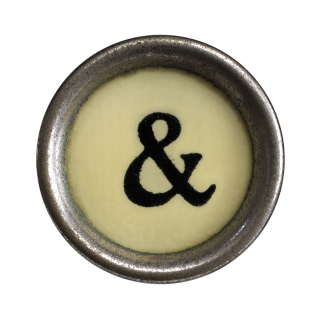Is Telemedicine A Perfect Solution?
 Telemedicine has been the subject of many recent discussions between me and this guest author, Murdoc Khaleghi, MD, MBA, FACEP, FAAEM.
Telemedicine has been the subject of many recent discussions between me and this guest author, Murdoc Khaleghi, MD, MBA, FACEP, FAAEM.
Keeping up with the healthcare trends is essential, whether you are practicing clinically or in a non-clinical job because those trends determine tomorrow’s opportunities. The Supreme Court decision regarding the Affordable Care Act set certain wheels in motion regarding future mandates and legislation. However, we would argue that the US health system is in the midst of innovation and change regardless of the judicial system. Some of the problem like rising costs, older, sicker people and consumerism are independent of any federal legislation.
Technology solutions aim to solve some of those problems and have been written about on this site. Jeff Barson discussed how medical outsourcing is becoming standard practice for certain specialties (http://freelancemd.com/blog/2010/12/6/physician-outsourcing-technology-will-flatten-the-medical-wo.html). Arlen Meyers wrote about different interface technologies that are intended for non-medical use but have potential medical or healthcare applications or value (http://freelancemd.com/blog/2010/12/12/working-on-the-edge.html)
Telemedicine or telehealth appears to be one of the fastest growing areas of health care. Physicians like the flexibility of when and how much they work, without the tie to the office. Not having to work in an office also reduces overhead significantly, while allowing physicians to work from anywhere. It seems telemedicine may be another tool for the doctors who are looking for help improving and expanding their practices or exploring a non-traditional medical area. One doctor had this to say,
“I can consult from the comfort of my deck, or easily schedule exercise and breaks into my day. I am even planning a few consults per day at a vacation home. There are no refills to sign for, no urgent care calls in the middle of the night.”
Obviously, telemedicine does not take care of all medical issues, such as those that require procedures or immediate interventions, but for preventative care and low-acuity complaints, telemedicine can be an effective form of healthcare delivery. For example, telemedicine can take advantage of many internet-based features. Health information, diagnostic tests, consultations, and recommendations can all be performed or shared with providers and patients via the cloud. A recent article published online on June 22 in the British Medical Journal reported that for patients with long term conditions, telehealth can reduce 12-month mortality by nearly half. Other benefits included reduced hospital stay and mean number of emergency admissions.
WellnessFX and ISelectMD are two telemedicine companies that seem to be doing something unique and innovative. WellnessFX has a focus on preventive medicine but hires doctors of all specialties. Companies like Teledoc, American Well and Ring-A-Doc also continue to bring new and useful products and services to market. These companies all hire doctors as consultants to do work on a part time or piece meal basis. Some doctors want to launch concierge medicine services and others want to bring in more clients and offer service outside of traditional working hours.
As physicians, we are always interested in patient outcomes and patient satisfaction. Many patients like telehealth because it allows for more flexibility in scheduling appointments and they can avoid time in waiting rooms. Going back to recent health reform trends, with more regulation and legislation, patient satisfaction scores are becoming more important as a reflection of overall quality of care. Interestingly, telehealth seems to be meeting patients’ needs. From these actual notes, it seems apparent to us that telehealth not only meets patient needs but also can contribute to coordination of care.
"WellnessFX saved my life. Without it, I would have struggled through more specialists, different drug treatments, and continued fatigue and ill health. Now, I'm in control to optimize my health."
"I would like to take the time to thank ISelect MD for helping me over the weekend. I tried several times to reach my doctor over the weekend who did not return my call. I called ISelect MD and within 10 minutes I received a call from one of your doctors.
He asked me a variety of questions relating to my issue and knew all about the problem. He spent a great deal of time on the phone with me….and directed me to a specialist who I now have an appointment with. I was surprised by the concern that the ISelect MD people have for me. Since the initial call, I have been contacted by the doctor and the staff at ISelect MD three times for follow up. This has been the best experience I have ever had concerning my medical needs."
What do you think of telemedicine? Is this a solution to some of the problems in healthcare?





 1 Comment
1 Comment





